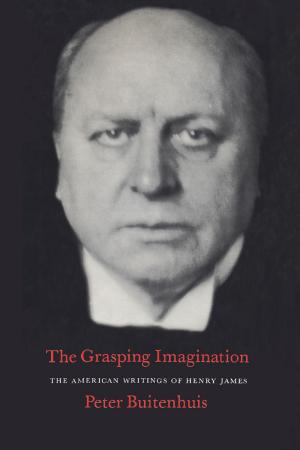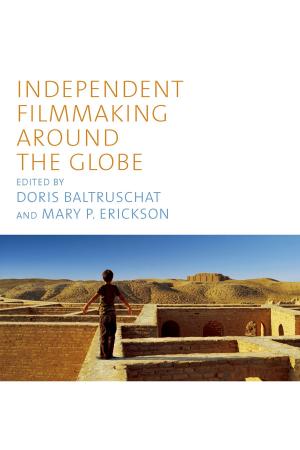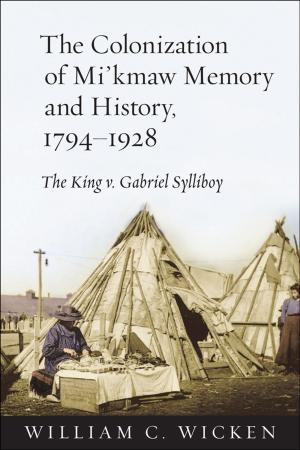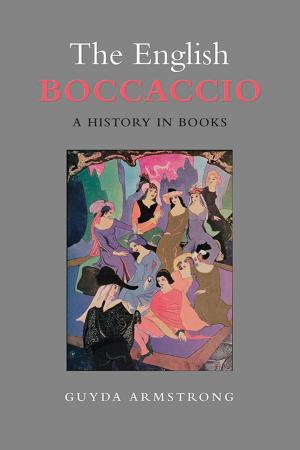Tracing the Connected Narrative
Arctic Exploration in British Print Culture, 1818-1860
Fiction & Literature, Literary Theory & Criticism, British| Author: | Janice Cavell | ISBN: | 9781442691698 |
| Publisher: | University of Toronto Press, Scholarly Publishing Division | Publication: | December 27, 2008 |
| Imprint: | Language: | English |
| Author: | Janice Cavell |
| ISBN: | 9781442691698 |
| Publisher: | University of Toronto Press, Scholarly Publishing Division |
| Publication: | December 27, 2008 |
| Imprint: | |
| Language: | English |
By the 1850s, journalists and readers alike perceived Britain's search for the Northwest Passage as an ongoing story in the literary sense. Because this 'story' appeared, like so many nineteenth-century novels, in a series of installments in periodicals and reviews, it gained an appeal similar to that of fiction. Tracing the Connected Narrative examines written representations of nineteenth-century British expeditions to the Canadian Arctic. It places Arctic narratives in the broader context of the print culture of their time, especially periodical literature, which played an important role in shaping the public's understanding of Arctic exploration.
Janice Cavell uncovers similarities between the presentation of exploration reports in periodicals and the serialized fiction that, she argues, predisposed readers to take an interest in the prolonged quest for the Northwest Passage. Cavell examines the same parallel in relation to the famous disappearance and subsequent search for the Franklin expedition. After the fate of Sir John Franklin had finally been revealed, the Illustrated London News printed a list of earlier articles on the missing expedition, suggesting that the public might wish to re-read them in order to 'trace the connected narrative' of this chapter in the Arctic story. Through extensive research and reference to new archival material, Cavell undertakes this task and, in the process, recaptures and examines the experience of nineteenth-century readers.
By the 1850s, journalists and readers alike perceived Britain's search for the Northwest Passage as an ongoing story in the literary sense. Because this 'story' appeared, like so many nineteenth-century novels, in a series of installments in periodicals and reviews, it gained an appeal similar to that of fiction. Tracing the Connected Narrative examines written representations of nineteenth-century British expeditions to the Canadian Arctic. It places Arctic narratives in the broader context of the print culture of their time, especially periodical literature, which played an important role in shaping the public's understanding of Arctic exploration.
Janice Cavell uncovers similarities between the presentation of exploration reports in periodicals and the serialized fiction that, she argues, predisposed readers to take an interest in the prolonged quest for the Northwest Passage. Cavell examines the same parallel in relation to the famous disappearance and subsequent search for the Franklin expedition. After the fate of Sir John Franklin had finally been revealed, the Illustrated London News printed a list of earlier articles on the missing expedition, suggesting that the public might wish to re-read them in order to 'trace the connected narrative' of this chapter in the Arctic story. Through extensive research and reference to new archival material, Cavell undertakes this task and, in the process, recaptures and examines the experience of nineteenth-century readers.















